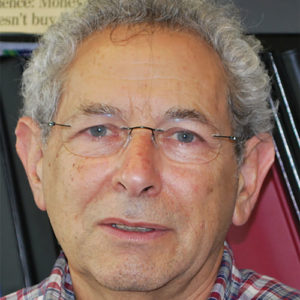The Unrealized Value to Society of Understanding Down Syndrome
If we can’t cure Down syndrome, why, then, is research into this complex and highly variable syndrome worth pursuing? I will argue that people with Down syndrome are an underappreciated gift to biomedical science and to society. As a group, they are prone to autoimmune diseases, autism, Alzheimer’s disease, childhood leukemia, heart malformations, and several other maladies. However, even though they all have exactly the same chromosomal triplication—an extra copy of the smallest human chromosome—most don’t suffer from most of these issues. Furthermore, they seem to be protected against the two biggest killers: cardiovascular disease and cancer.
An understanding of the molecular genetics of people with Down syndrome will teach us key aspects of the causes of all of these diseases, both those they get at higher frequency and those they get at lower frequency. We can leverage a molecular understanding of Down syndrome to a molecular understanding of the most devastating human diseases. And of course any progress we make in this effort will benefit those with Down syndrome. For example, if we can come to understand Alzheimer’s, a disease that most people with Down syndrome will eventually contract, by studying this unusually vulnerable population, everyone will benefit, especially those with Down syndrome.
I will discuss what we know now about the molecular biology of Down syndrome and what we still need to discover. I will also include some recent results about what makes people with Down syndrome unique at the level of proteins in the blood.
Presented by:
Tom Blumenthal, Ph.D.

Anna and John J. Sie Professor in Genomics, University of Colorado School of Medicine; Executive Director, Linda Crnic Institute for Down Syndrome
No slides availableNavigate the Site
2025 GoldLab Symposium
Save the date!
Please join on May 15-16, 2025Presenters In The News
Contact Info










